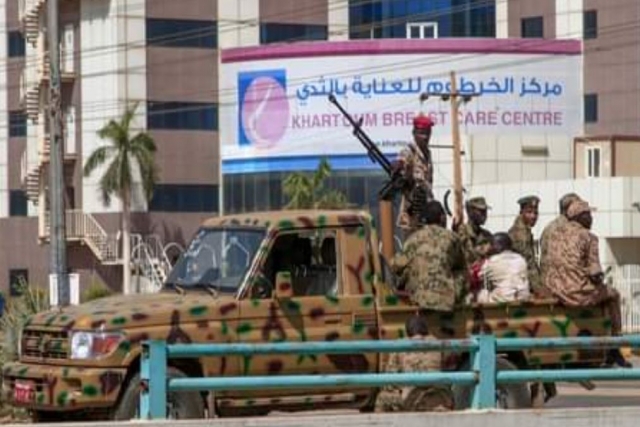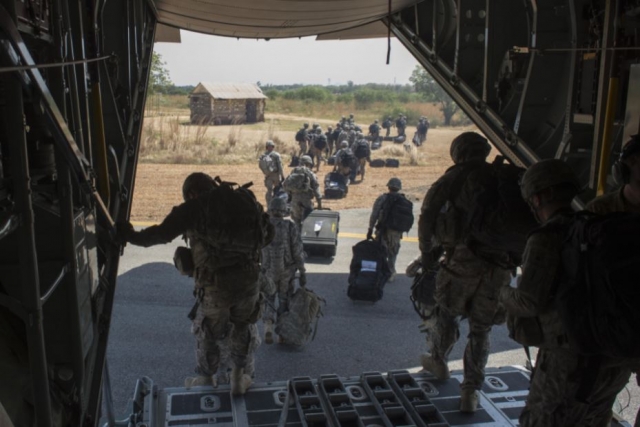Sudanese Opposition Coalition Calls for Civil Disobedience after Military Dissolves Govt

Sudan’s main opposition coalition has called for civil disobedience and protests across the country after the military, headed by General Abdel Fattah al-Burhan, dissolved the transitional government and seized power on Monday.
The takeover came more than two years after protesters forced the ouster of longtime autocrat Omar al-Bashir. Former leader al-Bashir came to power in 1989 when, as a brigadier general in the Sudanese Army, he led a group of officers in a military coup that ousted the democratically elected government of Prime Minister Sadiq al-Mahdi after it began negotiations with rebels in the south.
On October 25, Sudanese troops arrested Prime Minister Abdalla Hamdok and other pro-government party leaders after which thousands poured into the streets of the capital, Khartoum, and its twin city of Omdurman, to protest the coup.
Internet access was widely disrupted and the country’s state news channel played patriotic traditional music. At one point, military forces stormed the offices of Sudan’s state-run television in Omdurman and detained a number of workers, the Information Ministry said.
The Forces of Freedom and Change (FFC) alliance, a wide political coalition of civilian and rebel coalitions of Sudanese groups, reportedly demanded that the transitional military council step down and transfer power to the civilian government.
It also called for the release of all detained members of the cabinet and the Sovereign Council, a ruling body that shared power between the civilians and military. The council was created four months after al-Bashir’s ouster to run the country.
The general declared a state of emergency and said the military will appoint a technocratic government to lead the country to elections, set for July 2023. But he made clear the military will remain in charge.
Sudanese authorities thwarted a coup attempt only a month ago.













